How Long Does Long-Term Disability Last?
Ensuring how long a long-term disability can last can be overwhelming, especially when determining the period for which you will receive the benefit. LTD benefits are necessary for the seriously injured or sick, who need them as a source of livelihood when working is out of the question. However, the period over which the benefit will be accorded them is vital information regarding financial planning and peace of mind.
This blog will define LTD and discuss the average duration over which benefits are paid, what affects how long benefits last, what happens when benefits end, and steps you can take to extend them.
Definition of Long-Term Disability (LTD)
LTD insurance is purchased to provide the necessary money for people who become severely injured or sick and cannot work. In contrast to short-term disability insurance, which typically covers a few weeks to months, LTD benefits usually extend for several years or even from the date of disablement until retirement age, depending on a policy's contractual terms.
California LTD benefits usually replace some percentage of your income, ranging from 60% to 70%. Such benefits are designed to help pay for continuous everyday expenses like mortgage payments, medical bills, and daily needs when one cannot work and draw a regular salary due to a disabling condition. The actual terms of your LTD policy are essential because they can differ dramatically based on the provider and type of disability involved.
Duration of Long-Term Disability Benefits
The duration a person is entitled to long-term disability benefits is based on the terms used in any particular insurance policy. LTD benefits may last from two years until the policyholder attains retirement years. Most policies give up to age 65, indirectly adopting the average retirement age in the United States. Some policies occasionally provide shorter or even more extended benefit periods.
LTD benefits are generally paid after a waiting period; this period is known as an elimination period, which usually ranges from 30 days up to 180 days. The claimant may have to rely solely on other sources of income or other short-term disability insurance during this elimination period.
Factors Affecting the Duration of LTD Benefits
Several factors can influence how long LTD benefits last:
Policy Terms:
The beneficial period is the most determining feature of your policy. Hence, it decides how long you will receive LTD benefits. Some policies provide for payment of benefits fixed at a certain period, while others continue until the individual reaches an advanced age, usually 65 or 67.
Nature of disability:
The degree and the type of disability would also acutely matter. Some policies make distinctions between "own occupation" and "any occupation" definitions. If your policy defines your inability to perform your "own occupation," you would be paid off as long as you could not do the particular job in which you had been understood since application. However, if the policy defines disability as the inability to perform "any occupation," benefits may terminate if you can perform some type of work.
Medical Improvement:
Your LTD benefits may be terminated or reduced upon medical improvement and where status shows you can return to work. You will likely be required to attend periodic medical evaluations to assess your continued eligibility for benefits.
State Constraints:
Certain state regulations, especially in California, may conflict with the duration and amount of LTD benefits. To determine the benefit length, you should know how state laws interact with your policy.
Related Read: Importance of Medical Evidence in SSDI and SSI Claims
End of Long-Term Disability Benefits
LTD benefits usually cease upon the occurrence of any of the following events:
Maximum Benefit Period:
With most LTD policies, the benefit will be available until you reach age 65 or 67. After this, a person's benefit usually ends at such an age, even if you remain disabled.
Medical Recovery:
If you recover from your disability and can return to work, benefits will probably stop. Sometimes, such benefit packages are tapered off, which helps workers adjust back to the employment sector.
Policy Lapse or Termination:
In case premium payment is discontinued or, for any other reason, a policy is terminated, benefits under those terminated policies cease. One should, therefore, keep up the policy to ensure continuous coverage.
Related Read: What Conditions Automatically Qualify You For Disability?
Steps to Extend Benefits
If your LTD benefits are coming to an end and you have still not returned to work, there is a little you can do to make them last longer:
Review Your Policy:
It will help to review the terms of your policy to spell out your rights and options. Some policies provide for extensions or conversion to other types of coverage.
Seek Attorney Review:
Professional advice from an attorney specializing in disability law—like Eric R. Hunt of California—can better explain your position. He can help investigate ways to prolong the benefits or apply for SSDI if your LTD benefits are scheduled to be closed.
Consider SSDI:
Applying for SSDIs is an essential step in the process. If you cannot work when your LTD benefits end, SSDI benefits may support you.
Negotiate with the Insurance Company:
In some cases, if your condition has worsened or you can present medical proof of it, you can negotiate your coverage with your insurance provider to extend your benefits.
Related Read: 2 Reasons to Hire a Social Security Disability
Conclusion
Knowing how long you could be collecting your long-term disability benefits is very important to anyone relying on these benefits to survive. If you reside in California, this is where an aggressive lawyer such as
Eric R. Hunt comes highly recommended. With experience and knowledge of the dynamics involved in the law governing disabilities, he will work to ensure that you get paid as much compensation as possible for as long as you need. It.











